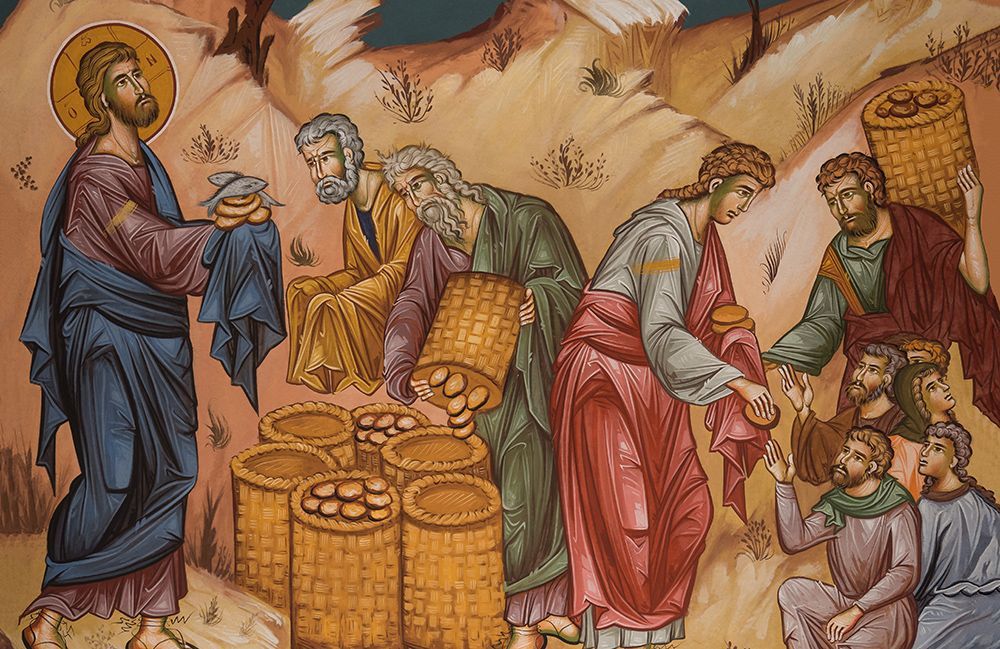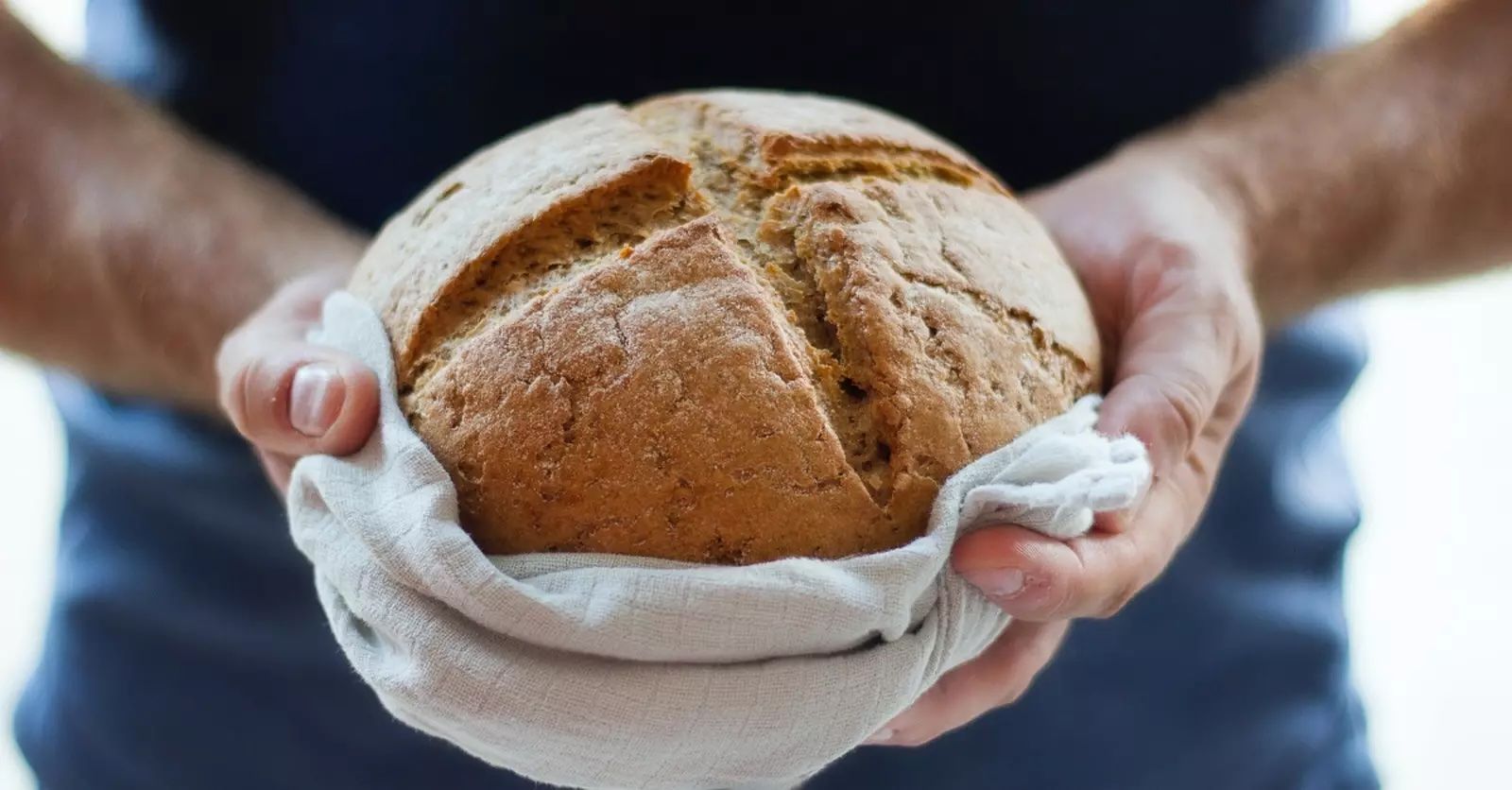Message of Abbot Paul - Monday - 15th April 2024
Abbot Paul • April 14, 2024


On Friday, we read John’s version of the Multiplication of the Loaves and Fish. Today we begin the Discourse on the Bread of Life, which follows on from the miracle and in which Jesus explains its significance. We find ourselves at John 6, vv. 22-29. After the miracle, the disciples left by boat for Capernaum and, during a storm, Jesus appeared to them walking on the water. That is the Gospel passage we read on Saturday. This has left the crowds confused, as we shall see. John writes: “After Jesus had fed the five thousand, his disciples saw him walking on the water. Next day, the crowd that had stayed on the other side saw that only one boat had been there, and that Jesus had not got into the boat with his disciples, but that the disciples had set off by themselves. Other boats, however, had put in from Tiberias, near the place where the bread had been eaten. When the people saw that neither Jesus nor his disciples were there, they got into those boats and crossed to Capernaum to look for Jesus.” The following day, then, the crowds go in search of Jesus. By this stage in his ministry, everyone knows that he uses Capernaum as his base. Why is it that they chase after Jesus so? Because he fed them when they were hungry, because they want to see further miracles or to hear what he has to say?
Possibly it was a combination of all three. Did they seriously want to become his disciples or were most of them simply curious to see what he would do next? It was probably all those reasons combined. I suppose it would be a bit like asking the crowds that normally gather in St Peter’s Square for a Papal Mass or Audience, “Why are you here?”
Although they hoped to find Jesus in Capernaum, they are also surprised when they see him. “When they found him on the other side, they said to him, ‘Rabbi, when did you come here?’” The answer they receive from Jesus is probably not the one they expected. He begins, “I tell you most solemnly” and then goes on.
“You are not looking for me because you have seen the signs
but because you had all the bread you wanted to eat.
Do not work for food that cannot last,
but work for food that endures to eternal life,
the kind of food the Son of Man is offering you,
for on him the Father, God himself, has set his seal.”
With these few lines, Jesus begins to introduce the crowd to what he has to say concerning “the food that endures to eternal life.” The miracles he performs are signs that point to a deeper meaning that has eternity in mind. If you’re following me just for the now, just for the food I gave you on one occasion, then go no further: that is not why I am here. If you cannot recognise me to be the Son of Man, whom God the Father has sent and on whom he has set his seal, then you are working for the bread that does not last. They have the humility to ask him what they should do. “Then they said to him, ‘What must we do if we are to do the works that God wants?’ Jesus gave them this answer, ‘This is working for God: you must believe in the one he has sent.’” What must we do? That is the question we must ask the Lord each day. What must I do today to do the work the Father wants? What must I do to be saved? Every day Jesus replies, “You must believe in the one the Father has sent; you must believe in me.” And what does believe mean? No less than to have faith, to trust, and to live in Christ. Lord, help me to do just that, today and always. Amen.









